Britain is enduring yet another wave of strikes
Britain has been hit with yet another wave of strikes over wages, job cuts and poor working conditions.
In the latest series of such strike actions more than 20,000 rail workers walked out of their jobs on Thursday.
Workers from 14 train companies took part in the strike organized by Britain's largest specialist transport trade union, the National Union of Rail, Maritime and Transport Workers (commonly known as the RMT).
Many of those on strike complained that the sustained price rises for core products in the UK has made it increasingly difficult for the working class to make ends meet.
Inflation over the last few months has been absolutely rampant.
A lot of working class people are struggling.
And over the last 30 months we've been taking a stand to try and change the way the government is approaching its treatment of working people.
RMT Striker
The Strikers were also concerned about losing their jobs altogether.
The last couple of weeks, the government has issued over 2000 section 188 redundancy notices to railway colleagues working in ticket offices and they want to close every single ticket office in the country, in the United Kingdom.
RMT Striker
Strikers said although the union members regret the fact that withholding their labour could impact people's travel plans during the peak holiday season, they simply could not find any better way to express their dissatisfaction.
We always regret causing the disruption we do when we strike, we do apologize to every member of the public who has been affected by them.
RMT Striker
The strike coincided with the last day of a one week long overtime ban by train drivers in ASLEF, which caused misery and travel disruptions for many across London, and several other cities, with most of the 14 affected train operators running roughly half of their normal services.
The strikes also disrupted cross border trains serving Wales and Scotland where staff were not directly involved in the dispute. British authorities warned some disruptions were likely to continue into Sunday.
The last in the series of three 24 hour strikes falls on Saturday 29th of July.
The strike by railway workers comes as Britain has been hit by similar actions for the past year, with NHS staff among the main government employees calling for better wages and working conditions.
The most recent was a strike staged by senior doctors on July 20 and 21st. The British Medical Association (BMA) said senior doctors will stage another two day walkout on August 24 and 25th which is expected to put the country's National Health Service under more strain.
The recent walkout by senior doctors followed a five day strike by junior doctors, marks the most protracted strike in NHS history.
The back to back walkouts have already taken their toll on the country's health care system, prompting fears for patient safety.
Imploring striking public sector workers to end their industrial action Prime Minister Sunak offered a 6% rise saying that was his last offer and no amount of striking would change his mind.
The PM stressed that there will be no further negotiations over pay.
Doctors called the government's offer a savage real terms wage cut, putting more pressure on Sunak to rethink his government's stance on pay rises.
The pressure on Sunak and his government over wages and working conditions, on the one hand, and unprecedented four year high inflation along with the scandals within the Conservative Party, on the other hand, have already taken their toll on the Tories.
Rishi Sunak’s popularity rating has dropped to its lowest level since he took office. According to a poll conducted by YouGov, 65% of Britons have an unfavorable view of the PM, stranding Sunak with a net favorability rating of minus 40%.
In the meantime, the Tories have lost parliamentary seats in the recent by-elections to the Liberal Democrats in several cities.
There are indications that if Sunak continues to maintain the policies of his predecessors, what the UK can brace for is even more severe consequences, not just for the Conservative Party, but everyone in the UK.

Thousands demonstrate on Presidents’ Day to call Trump 'A Tyrant'

Western media complicit in Israeli genocide in Gaza

‘EU must not be bullied by Trump’: MEPs
US special envoy in Kiev amid war of words between Trump, Zelensky
Hamas says ready to free all Israeli captives at once in phase two of truce
Israel kills one, injures two in southern Lebanon: Media
‘Colonial powers’ have no right to determine fate of Palestine: Qalibaf
Explainer: Why are MK-84 2,000-lb bombs approved by Trump for Israel so deadly?
President Pezeshkian: Iran, Qatar opening new avenues for cooperation
VIDEO | Displaced return home despite destruction
IRGC unveils new homegrown smart missiles, drones drill


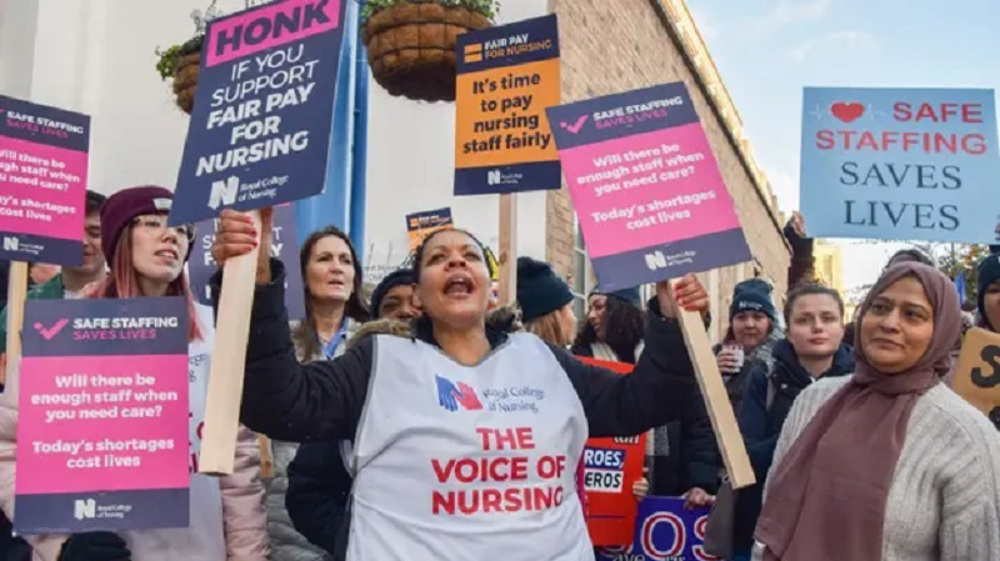
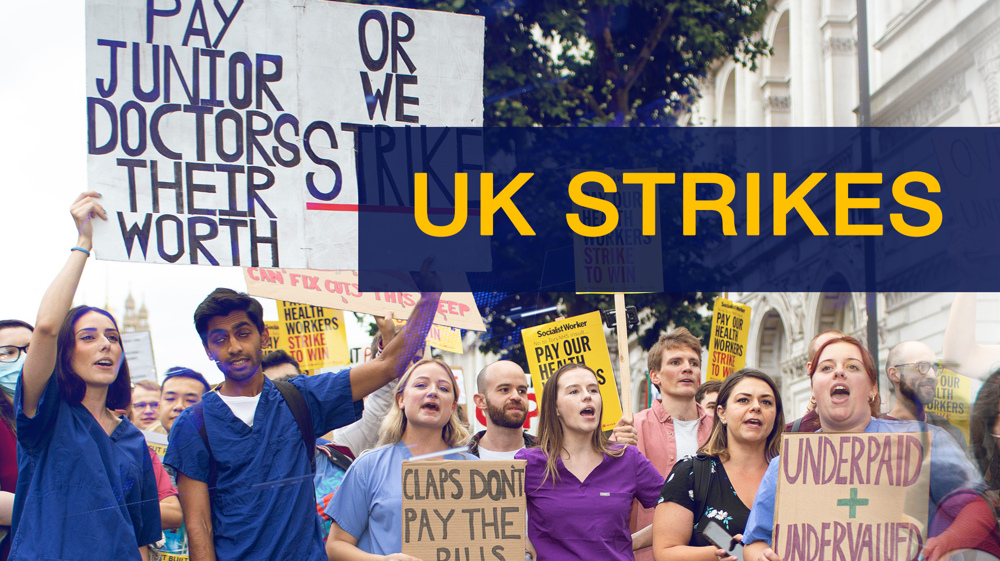
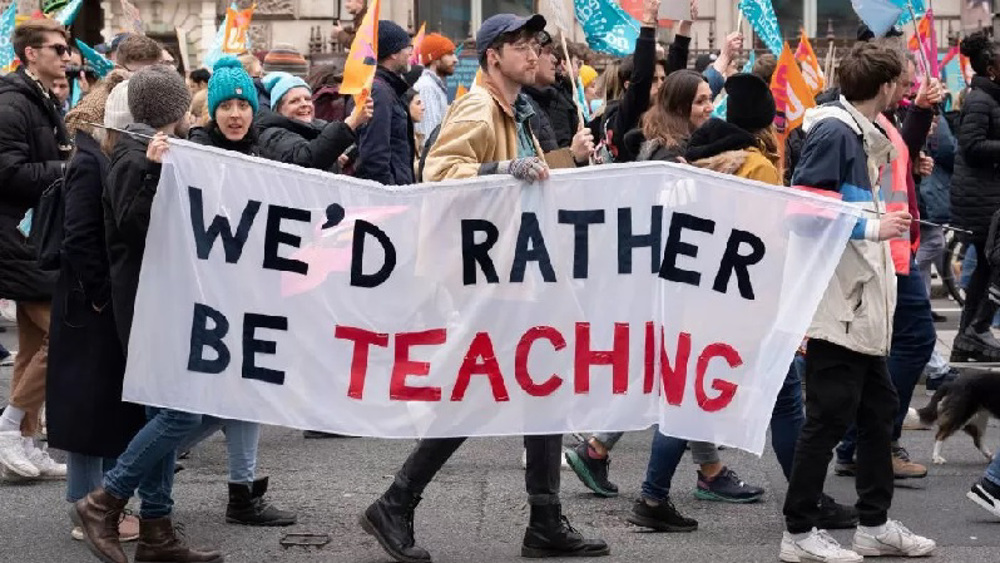

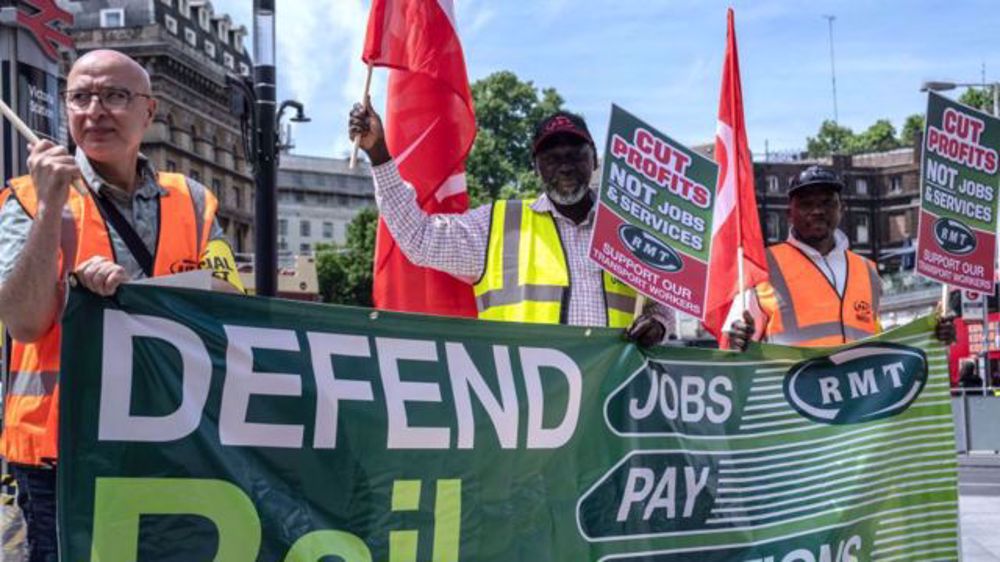
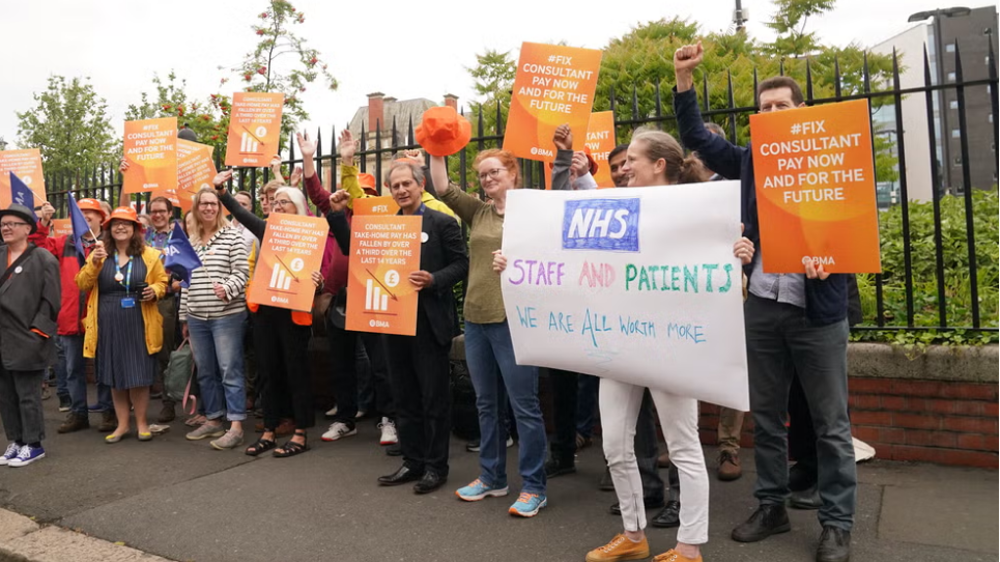
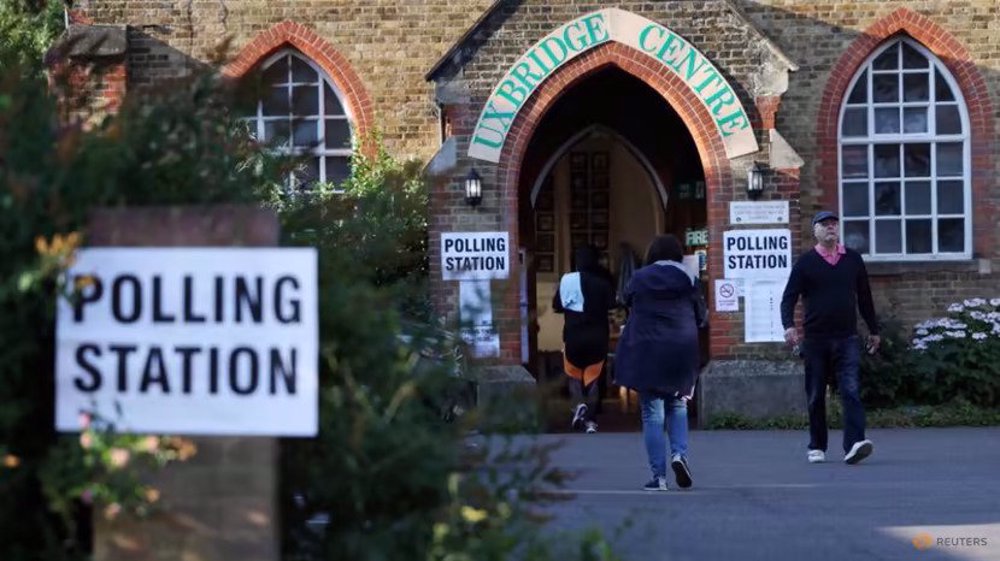
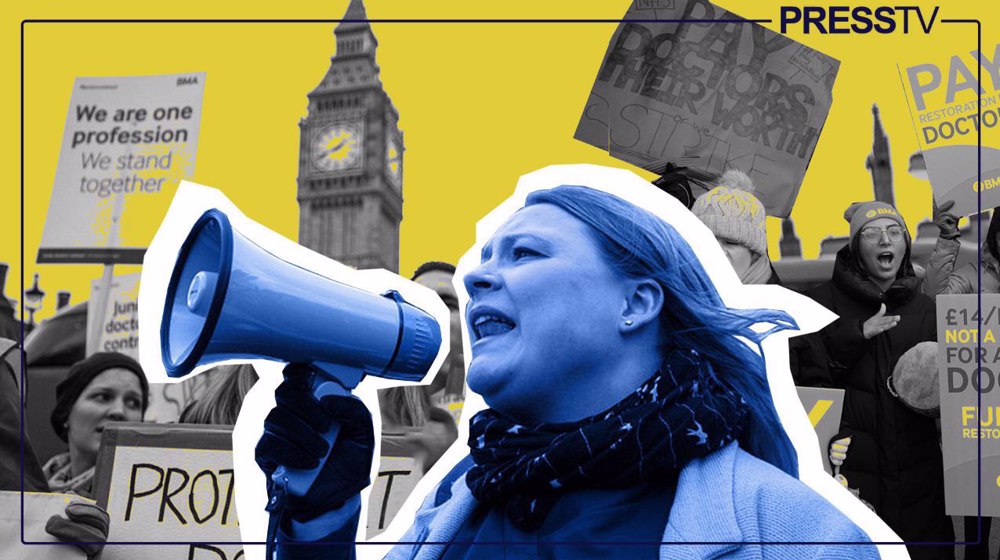



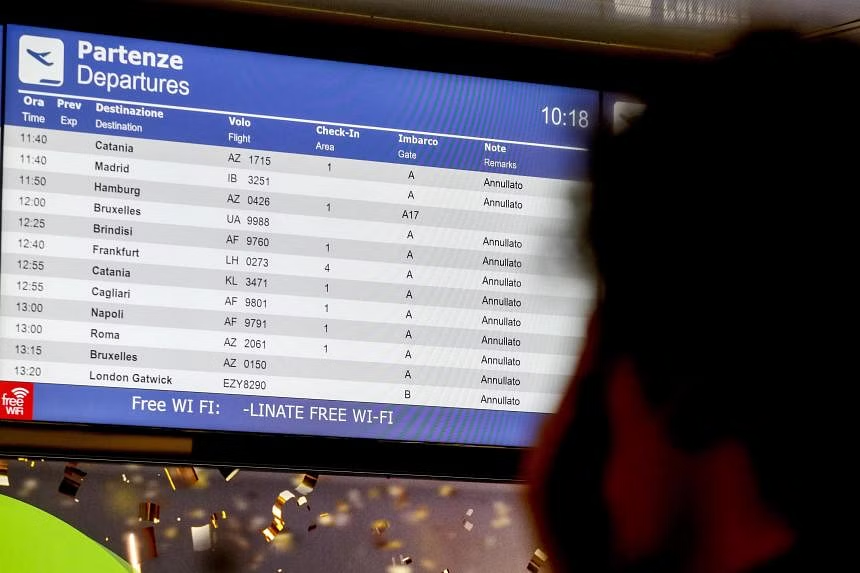
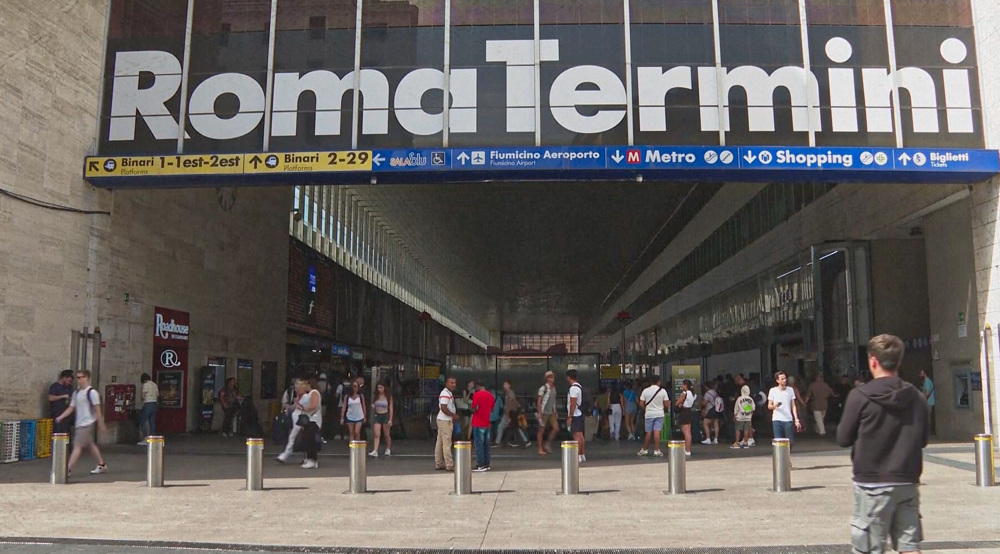
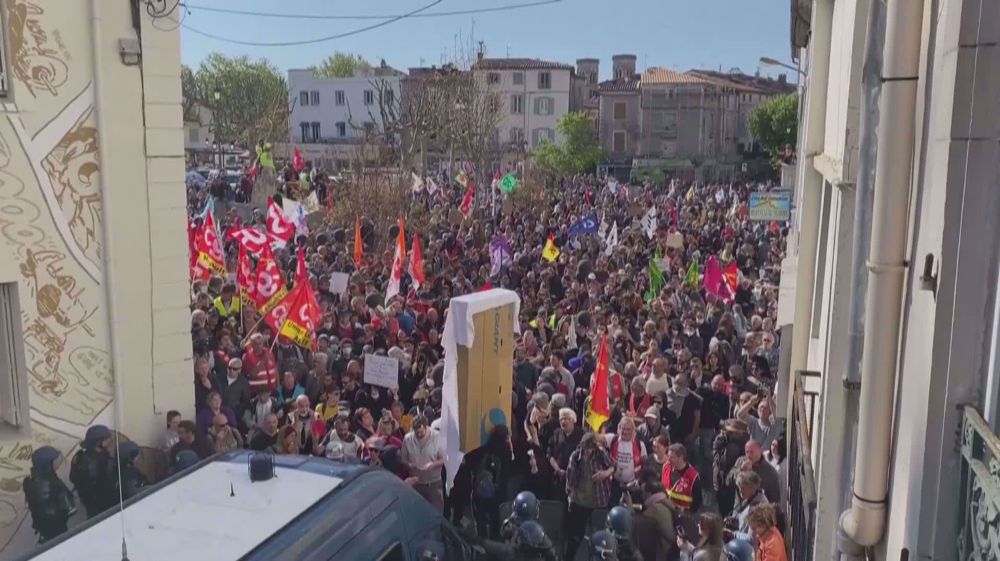
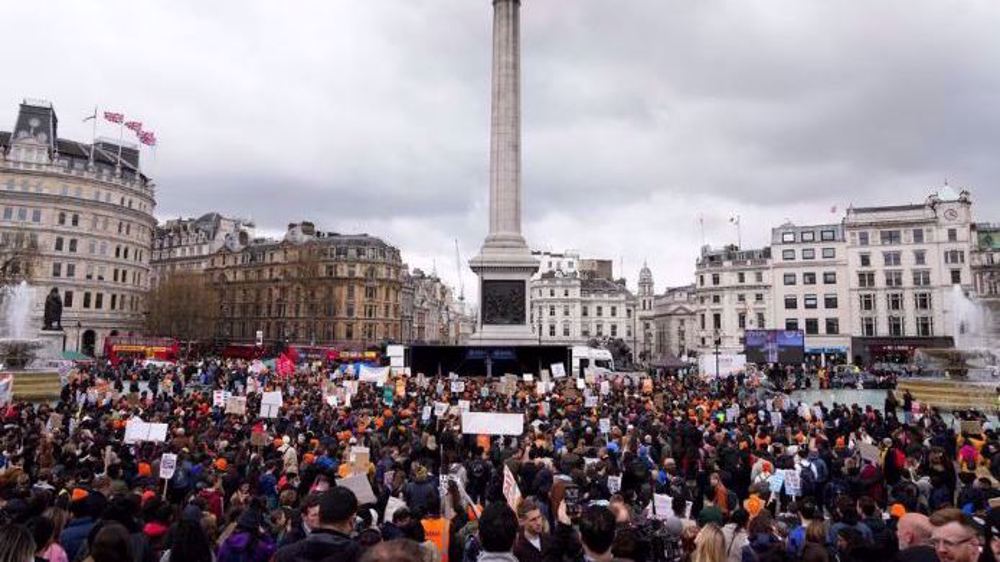
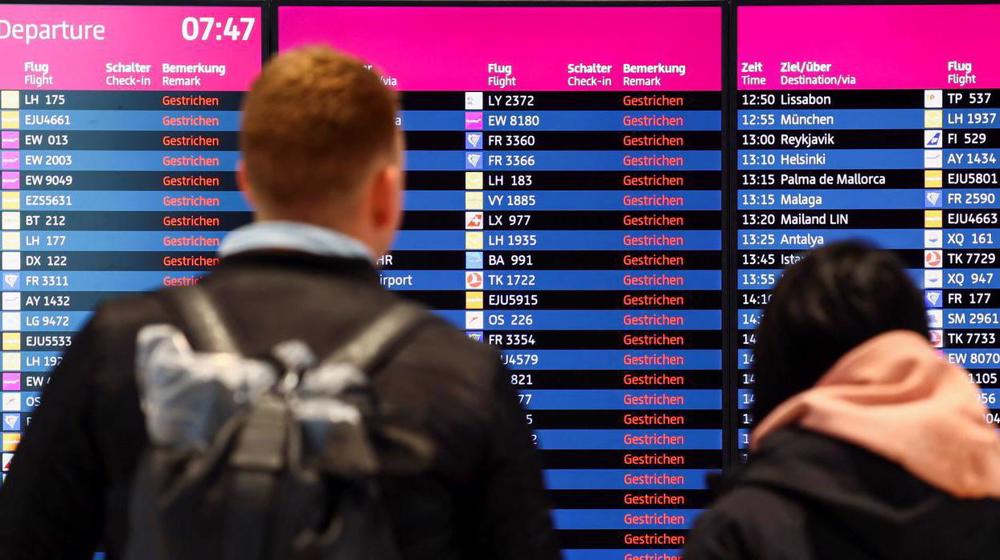

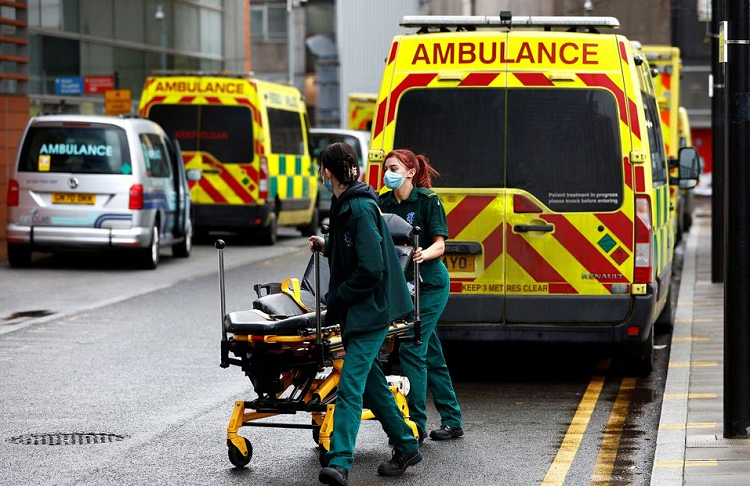
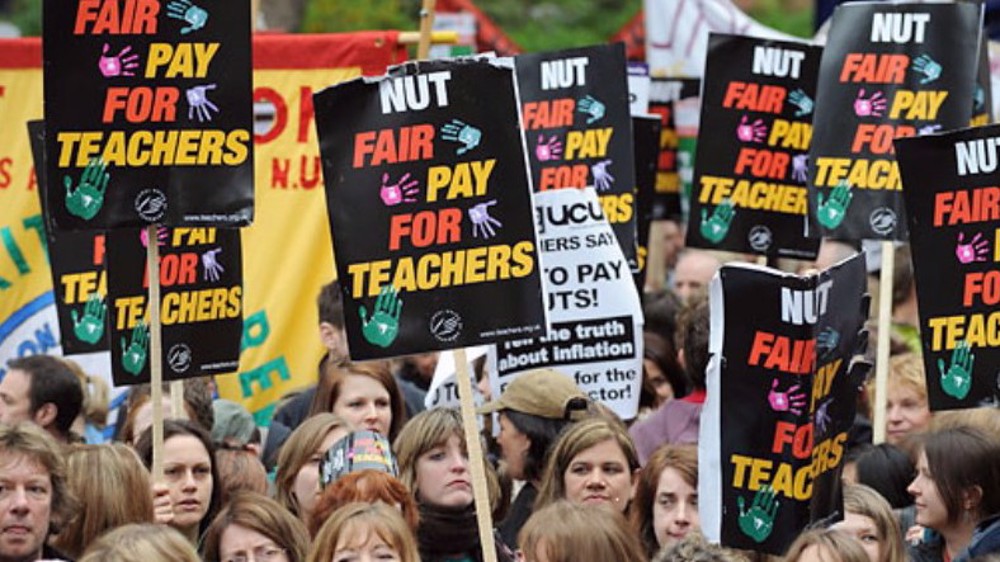



 This makes it easy to access the Press TV website
This makes it easy to access the Press TV website